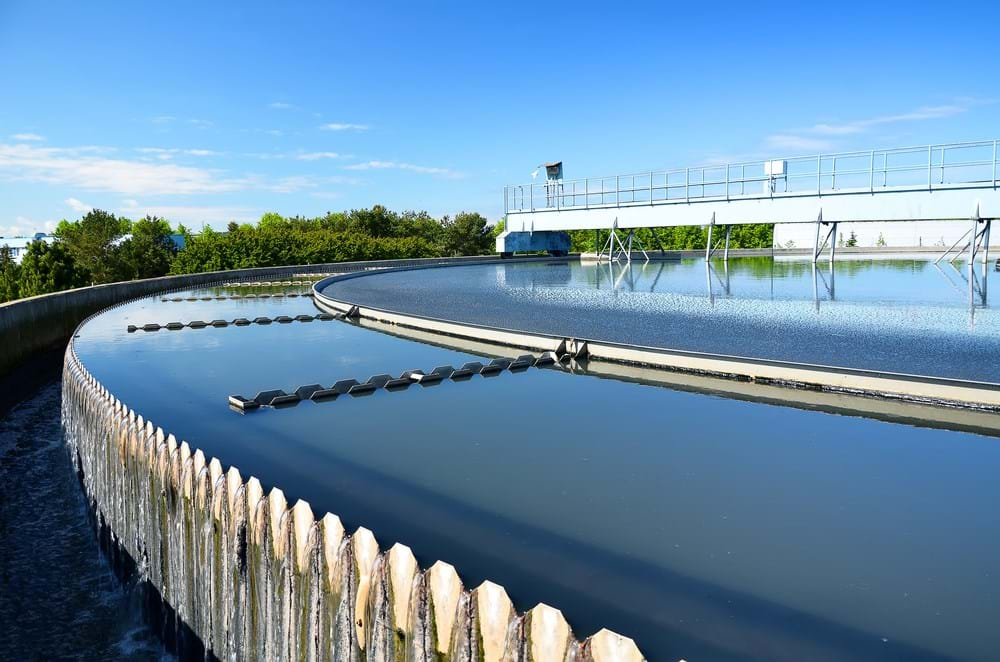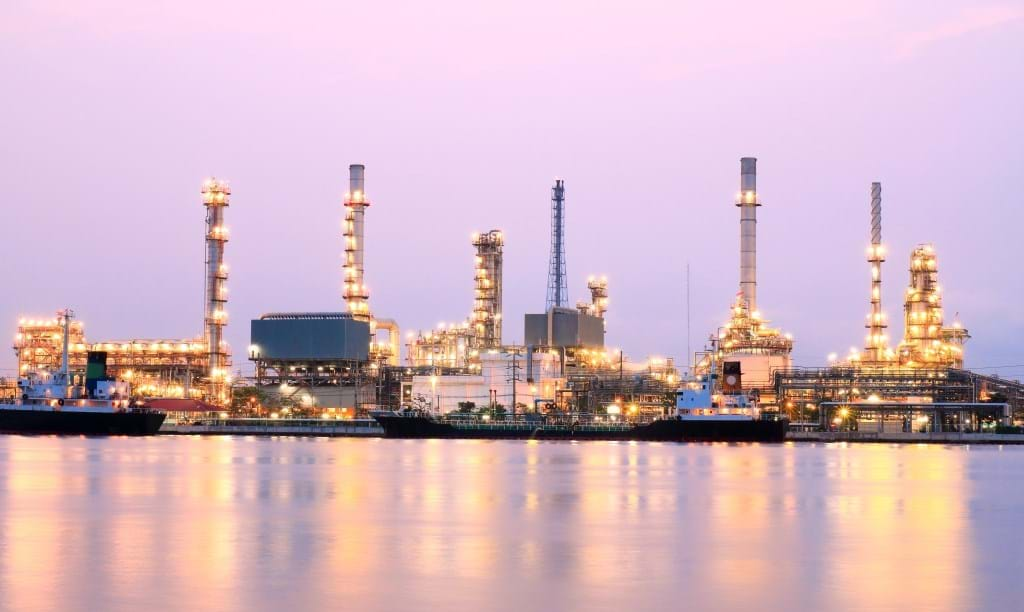Four horsemen of the apocalypse - four challenges for chemical engineers (Day 362)

24th May 2015
Day 362, four blogs to go. Four more opportunities to highlight chemical engineering in action.
In the Christian tradition, the four horsemen of the apocalypse are the harbingers of the end of the world.
Other faiths offer different views, but for the purposes of this blog post I'm taking a look at four big challenges that present a serious threat to life on earth: water scarcity; increasing energy demand; food security; and climate change. What are chemical engineers doing to tackle these issues and avert the apocalypse?

I have previously observed that we run the risk of sleep-walking towards climate catastrophe. But it's more complicated than that. The water, energy, food and climate change challenges are interrelated. The former Chief Scientific Adviser to the UK Government, Sir John Beddington, used the term Perfect Storm to describe this phenomenon arguing that climate change will intensify pressure on resources further, adding to the vulnerability of both ecosystems and people.
Chemical engineering can provide shelter from John's 'Perfect storm'. Here are some examples.

1. Water
In the developed world we often take clean water for granted. It's normally available at the turn of a tap – even if we just want to wash the car. But water scarcity already affects every continent, the UN estimates that around 1.2 billion people (almost one-fifth of the world’s population) live in areas of water scarcity, and another 500 million people are approaching this situation. Another 1.6 billion people face economic water shortage.
Chemical engineering already offers several routes to clean drinking water, but the economics doesn't always stack up. In March, I blogged about a team of chemical engineers who are working to develop a simple and cost-effective process for water purification: Breakthrough for clean water in developing countries.
The team from Redeemer's University, Nigeria and the University of Potsdam and the Max Planck Institute in Germany have developed a new hybrid clay adsorbent (HYCA), based on kaolinite clay and Carica papaya seeds. The adsorbent removes heavy metal ions and organic pollutants from the water and the process offers the prospect of a better quality of life for millions of people.
2. Energy

What could our energy future look like? We know that we need to produce more energy, but we also need to reduce carbon emissions. Fossil fuels make up around 85 per cent of the current energy mix. So if we are to meet the future energy demand, innovative solutions are needed.
Renewable energy will definitely play a part in the future energy landscape, but intermittency poses a problem. To solve this, chemical engineers are developing solutions such as those described in my blog: Zeolite makes for a better battery life and Bulletproof batteries.
Chemical engineers work across the energy space in: nuclear; biofuels; energy efficiency; smart grids; energy storage; fossil fuels and carbon capture and storage. Solving the energy challenge calls for a systems thinking approach – a key chemical engineering skill.
Earlier this year, the IChemE launched the Energy Centre (see The energy grand challenges and our international Energy Centre launch), which will provide opinion formers and decision makers with expert advice on energy issues. Drawing on expertise from IChemE’s global membership, it will also highlight areas where chemical engineers are developing new and innovative solutions across the energy landscape.
3. Food

However, simply producing more food won't solve the problem. The World Bank estimates that we need to produce 50 per cent more food by 2050 to cope with our expanding population. But, climate change could cut crop yields by more than a quarter.
Solving the world’s food security problem requires a systems thinking approach. One way that chemical engineers are already making a difference through reducing food waste. Better packaging is one answer as described in my blog Put a label on it to reduce food waste.
In January 2015, the IQ-FRESHLABEL research project set up to develop intelligent labels to help reduce food waste, reached its conclusion. It's a truly inspiring initiative showing that simple and elegant solutions can be just as, if not more, effective than big interventions when it comes to waste reduction.
4. Climate change

The IPCC Synthesis Report also called for urgent action by governments, corporations and the general public. The IPCC stated unequivocally that the evidence for anthropogenic, or man-made, climate change is incontrovertible. The continued burning of fossil fuels is 'unacceptable' unless a way can be found to prevent CO2 being emitted into the atmosphere.
Technologies such as carbon capture and storage (CCS) and carbon capture and utilisation (CCU) can play a part alongside other low-carbon technologies.
Some chemical engineers, myself included, are actively promoting the use of carbon capture and are working to bring more large scale CCS projects into operation. However, there are fewer than 20 large-scale CCS projects in the pipeline worldwide and the science tells us that the world will need 3,500 commercial-scale CCS projects worldwide by 2050 to keep pace with CO2 emissions. In other words, we need to be commissioning around 100 new projects every year.
We also need to improve the energy efficiency of current processes, build new nuclear power stations and, on an individual basis, become more responsible energy citizens.
We need to work together to avoid the catastrophic consequences of climate change. Chemical engineers can help develop the technology, but we also need to stand up, speak out and call for action. Because together, we can prevent apocalyptic climate change. As I blogged last November: It's not just the polar bears at risk.
Despite substantial progress in many areas, human development is not equal. And amongst our seven billion global neighbours, there is a bottom billion, which has only limited access to clean water, sanitation and modern sources of energy.
In many parts of the world, quality of life is improving and global living standards are now starting to catch up with the living standards that we take for granted. However, unless there are significant changes in the way in which we use water, energy and food, the consequences will be far reaching.
John Beddington’s ‘Perfect Storm’ is occupying the minds of policy makers all over the world. It’s definitely on the agenda of the world’s engineers and scientists too.
It's not the end of the world as we know it... yet!
But when it comes to avoiding the apocalypse, chemical engineering matters.